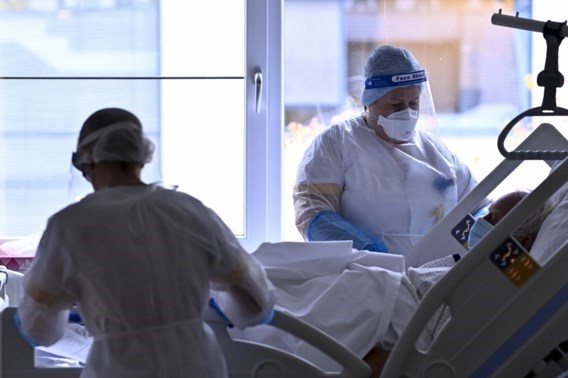The Consultative Committee meets this morning for the second time in a week, and two days earlier than planned, so it would seem that something urgent is afoot.
The emergency is the sharp increase in the crucial figures in the Covid-19 epidemic, and the need to stop the rising curve before desperate measures have to be imposed.
Two factors are at play. On the one hand, public confidence in the restrictions is ebbing away, as a year has now passed and nothing appears to get better. At its last meeting, the committee decided not to relax the restrictions, faced with growing numbers, and the Easter school holidays for many families now look like a barren desert.
On the other hand, the vaccination programme is a disappointment. The development of a vaccine in such a short time was nothing short of a scientific miracle, and now there are four in use in Europe.
But the application of the science is stuttering. It is true that more than one million people have now received their first dose, but another ten million have not. And fewer than 5% of adults have received the second dose that completes the protection.
Now the figures – new infections up 40% over the last week; hospital admission up 28%, and deaths up 3.5% – have turned entirely negative, what choices does that leave the Consultative Committee?
The expert group GEMS drew up three plans for dealing with the virus. Plan A involved house working, better ventilation in public buildings, rapid response to local outbreaks and quarantine for foreign visitors.
Plan B involved the curfew, distance learning only in the week leading up to the Easter school holidays and some closures of non-essential shops.
Both of those now seem to be overtaken by events, and the only question that remains is, how much of Plan C is the committee ready to activate?
Plan C involves closing schools, which is unlikely to receive the approval of the regions. It would also include a lockdown similar to March-April in 2020: all non-essential shops, and all non-medical contact professions, so hairdressers and beauty salons.
The one condition, if such a wide-ranging measure were to be decided, would be duration. The lockdown would need to be short and sharp, and deliver the desired result. Otherwise, public confidence in the management of the crisis would be lost.
“If you want to be effective, you have to move to a situation like in March last year, but keep it short-lived,” said expert virologist Marc Van Ranst.
The Consultative Committee meets at 09.00 this morning, and will announced its decisions later.
Alan Hope
The Brussels Times

